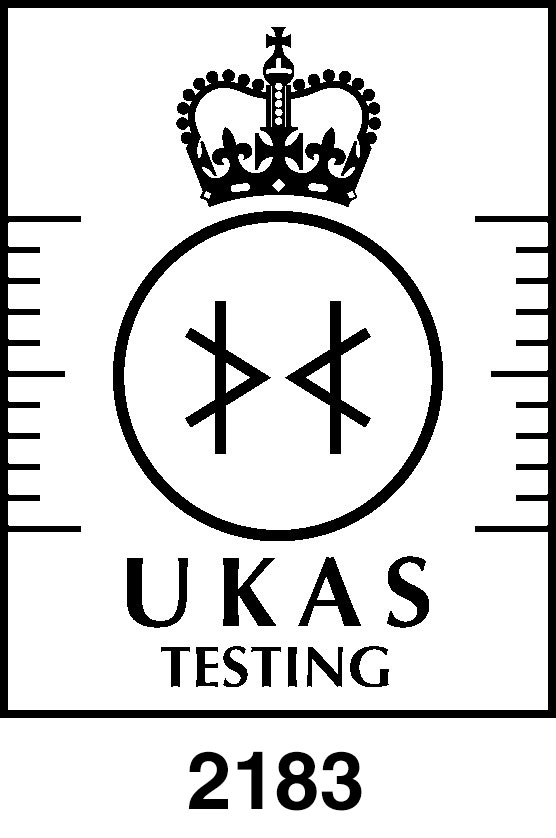Loss on Ignition Testing of Trommel Fines
Chemtest have been awarded UKAS accreditation for LOI Testing of Trommel Fines in accordance with HMRC Landfill Tax Notice LFT 1.
What are Fines?
For Landfill Tax purposes, fines are particles produced by a waste treatment process that involves an element of mechanical treatment. For example, trommelling, screening or soil washing are all mechanical processes.

In order to qualify for the lower rate of landfill tax, the fines must meet the specified Loss on Ignition (LOI) threshold of 10%.
LOI is a test for determining the organic content of material. The difference in the mass of the material being tested before and after the ignition process is used to calculate the LOI result. The LOI result will inform whether the waste is liable to the lower rate of Landfill Tax but is not the only determining factor. The fines must meet all the requirements and conditions set out in the HMRC guidance in order to be liable to the lower rate.
The sample submitted for testing must be representative of the whole quantity of waste material for disposal. It is specified that 6 sub-samples are selected at random and mixed to form a composite sample of 1 kg.
How is the LOI Testing of Waste Fines carried out?
The sample is air dried and coned and quartered by the laboratory to produce a 200 gram sub-sample This sample is sieved to remove content classified as >20mm group 1 and 2 material (eg stones). The sub-sample is then ground to a particle size of <2mm and a 20g sample is taken for testing. Loss on ignition is determined between 180oC and 440oC, taking into account the mass of removed >20mm group 1 and 2 material. It is mandatory for laboratories use the methodology prescribed in HMRC Landfill Tax Notice LFT1.
Chemtest are now UKAS accredited for this procedure.
References:
http://www.entrust.org.uk/assets/uploads/documents/LFT_Tax_Briefing_January_2016.pdf
https://www.gov.uk/government/news/landfill-tax-assessment-new-loss-on-ignition-test
For more information contact us.



